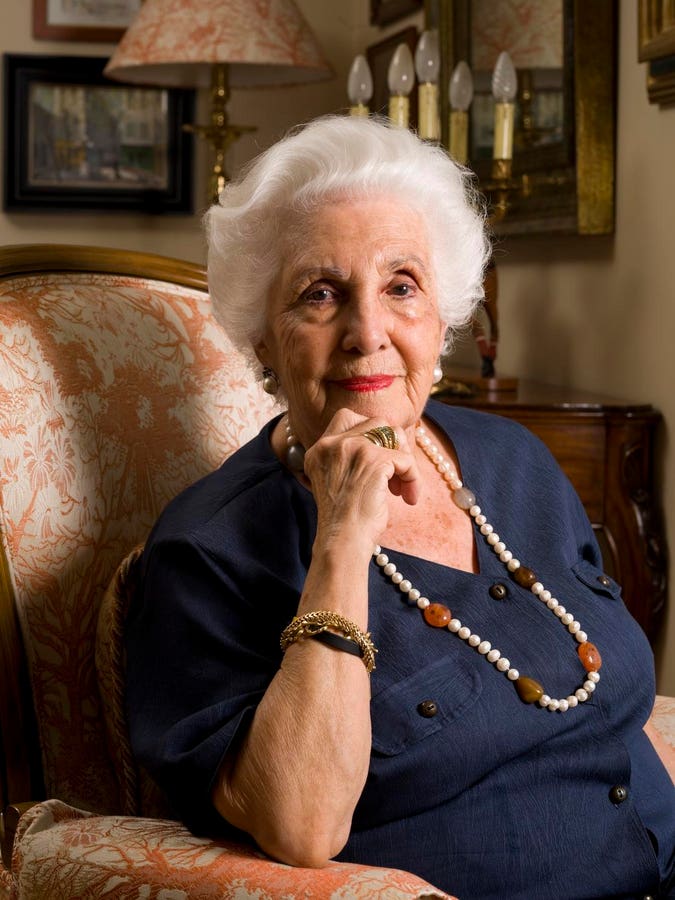When a spouse or life partner passes away, the survivor often experiences a money crunch on top of the emotional grief and loneliness. This financial challenge is particularly common among women in their 80s or 90s, who may struggle to adjust to a significant drop in retirement income while facing mostly unchanged living expenses. To address this issue, it is crucial for survivors to understand how their sources of retirement income will change when their spouse or partner passes away.
One major factor contributing to the drop in retirement income is the loss of Social Security benefits for the deceased spouse. While married couples may receive a survivor benefit that is equal to or greater than their own benefit, unmarried couples may see a complete halt in Social Security income. Pension income is another source that may be affected, with joint and survivor annuities usually resulting in a decrease in income for the survivor when one partner passes away. Earnings from employment and other sources may also cease, leaving survivors with fewer streams of income to rely on.
To address the widow’s money crunch, it’s important to develop strategies that maximize the survivor’s income while managing living expenses. Some ideas include opting for a 100% joint and survivor annuity, using conservative withdrawal methods for retirement investments to allow them to grow, converting traditional retirement accounts to Roth IRAs, and maintaining life insurance to provide additional income. It may also be beneficial to explore downsizing options to reduce housing expenses and carefully manage other living costs.
Planning ahead for these financial considerations can help ease the burden on the survivor during an already difficult time. By taking proactive steps to ensure financial stability, individuals can show their loved ones how much they care and support them through the challenges of transitioning to a single-income household. With a well-thought-out plan in place, survivors can navigate the changes in retirement income more effectively and focus on healing from the loss of their spouse or partner.


